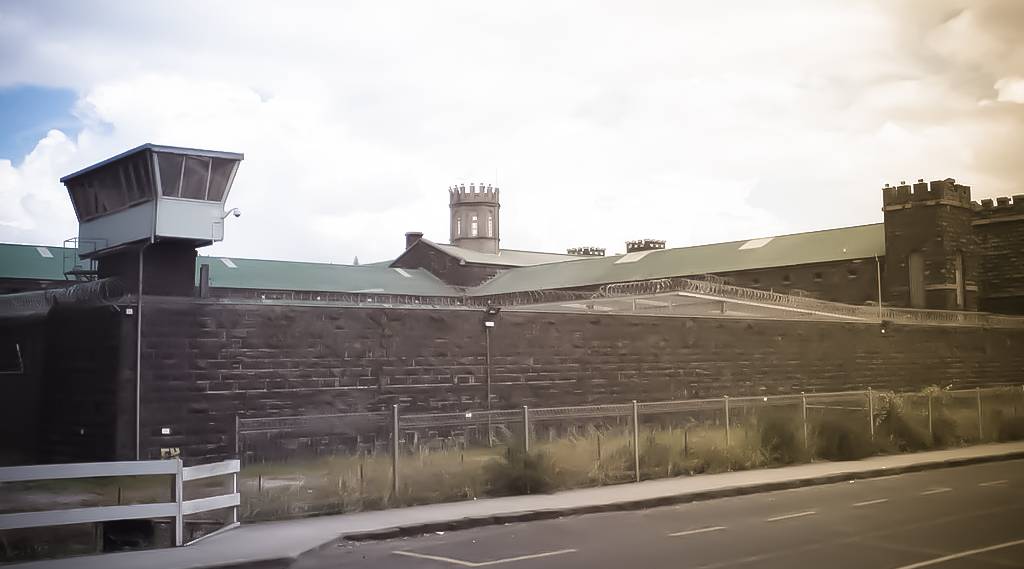
New Zealand
Capital city — Wellington
Country population
i30/06/2016Incarceration rate (per 100,000 inhabit…
Type of government
Human Development Index
Homicide rate (per 100,000 inhabitants)
Name of authority in charge of the pris…
Total number of prisoners
Prison density
Total number of prison facilities
i30/06/2016An NPM has been established
Female prisoners
i09/2016/ Department of CorrectionsIncarcerated minors
3.7 %(under 20 years o…
i09/2016/ Department of CorrectionsPercentage of untried prisoners
Death penalty is abolished
Security, order, and discipline
Security measures
Security functions are fulfilled by
the penitentiary administration
Some prison facilities, units or cells implement high-security measures
Some prisons, such as Mount Eden, have isolation cells with constant video surveillance. Visits are not allowed for detainees in these cells.
Cells hosting detainees considered to be at risk of suicide or self-harm are also under 24-hour CCTV surveillance.
Prisoners are classified according to their supposed level of dangerousness
yes
Body search procedures follow specific guidelines. The officer conducting the search must be of the same sex as the prisoner and must be accompanied of an officer of the same sex. Searches should be conducted at reasonable times. They include pat-down searches, scanner searchers and cell searches.
Strip searches (mouth, nose, ears, anal, and genital areas) can only be conducted when the prisoner enters or leaves the prison (including transfers to court) and when there are reasonable grounds to believe something is hidden inside his body.
The Committee against Torture showed concern over the wide variety of circumstances for which is possible to conduct strip searches1.
UN Committee against Torture, CAT/C/NZL/CO/6, p. 4. ↩
The prison service keeps record of incidents
Disciplinary sanctions can be imposed as a collective punishment
The SPT received complaints of juveniles stating that general lock ups have been applied “as a form of collective punishment following an infraction by a single individual.”1.
UN Subcommittee for the Prevention of Torture, CAT/OP/NZL/1, May 2014, p. 18 ↩
Solitary confinement
Solitary confinement can be used as
- punishment
- protection
- security
Prisoners can be sentenced to cell confinement according to the section 69 of the Corrections Art 2004.
Solitary confinement cells are in specific units. Solitary confinement cells, called Management Units, especially those of Mount Eden Correctional Facility, were criticised by the SPT in its last report for having a “deplorable hygienic state”.
The SPT found the Management Cells in the Auckland Maximum Security prisons extremely small, comparing them to a ‘tin-can’ and criticising the constant CCTV surveillance. The exercise yard was “a small cage that offered no opportunity for exercise at all”.
Prisoners in solitary confinement lose their activities, job, or training. The right to participate in activities may be denied during cell confinement.
Family ties are not maintained when they are in solitary confinement.